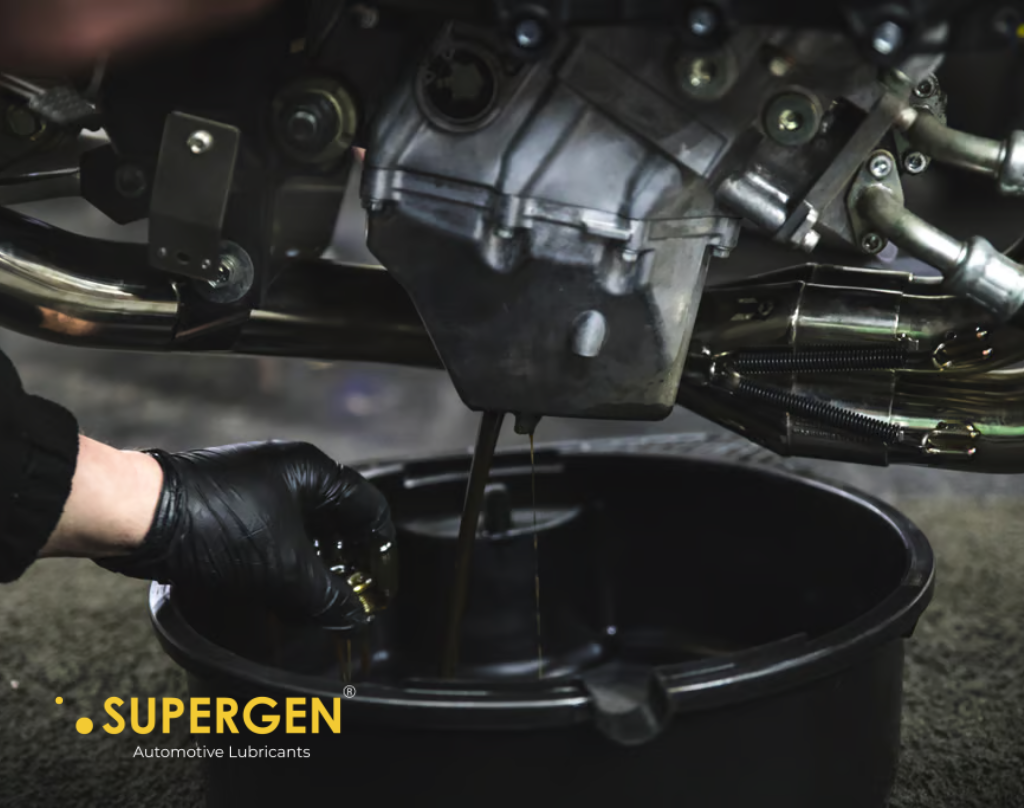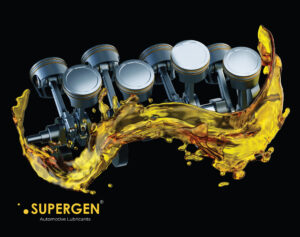When it comes to maintaining your motorcycle, one of the most crucial tasks is changing the engine oil. Many riders believe that the only time to change their oil is after a certain number of miles. However, while distance is an important factor, it’s far from the only one you should consider. Let’s explore the other aspects that determine when you should change your motorcycle’s engine oil.
1. Riding Conditions
Your riding conditions play a significant role in how often you should change your engine oil. If you frequently ride in stop-and-go traffic, on dusty roads, or in extreme temperatures, your engine works harder. This leads to faster oil degradation. Even if you haven’t reached the recommended mileage, riding in harsh conditions might necessitate more frequent oil changes to keep your engine running smoothly.
2. Time Since Last Oil Change
Engine oil deteriorates over time, even if your motorcycle isn’t being used regularly. If your bike has been sitting in the garage for months, the oil inside it could have degraded due to moisture and oxidation. As a general rule, even if you haven’t hit the mileage threshold, you should still change your oil at least once a year to ensure it stays effective.
3. Oil Quality
Not all engine oils are created equal. Synthetic oils tend to last longer than conventional oils and are more resistant to breakdown under extreme conditions. If you’re using a high-quality synthetic oil, you might not need to change it as often. However, always follow the manufacturer’s recommendations for your specific bike and oil type.
4. Engine Type and Age
The type and age of your engine also affect how often you should change your oil. Older engines may have more wear and tear, requiring more frequent oil changes to maintain optimal performance. Similarly, high-performance engines that run at higher RPMs and generate more heat may need more regular oil changes.
5. Frequency of Short Trips
If you often take short trips on your motorcycle, your engine might not get hot enough to burn off condensation and other contaminants in the oil. This can lead to faster oil breakdown and sludge formation. In such cases, even if you haven’t covered much distance, it’s wise to change your oil more frequently.
Conclusion: A Balanced Approach
While distance is a key factor in determining when to change your motorcycle’s engine oil, it’s not the only one. Consider your riding conditions, the time since your last oil change, the quality of the oil you use, the type and age of your engine, and your riding habits. By taking all these factors into account, you can ensure that your motorcycle’s engine stays in top condition, providing you with a smooth and reliable ride.
Remember, changing your oil regularly is a small investment that can save you from expensive repairs down the road. Keep your engine healthy, and it will reward you with years of enjoyable rides.








